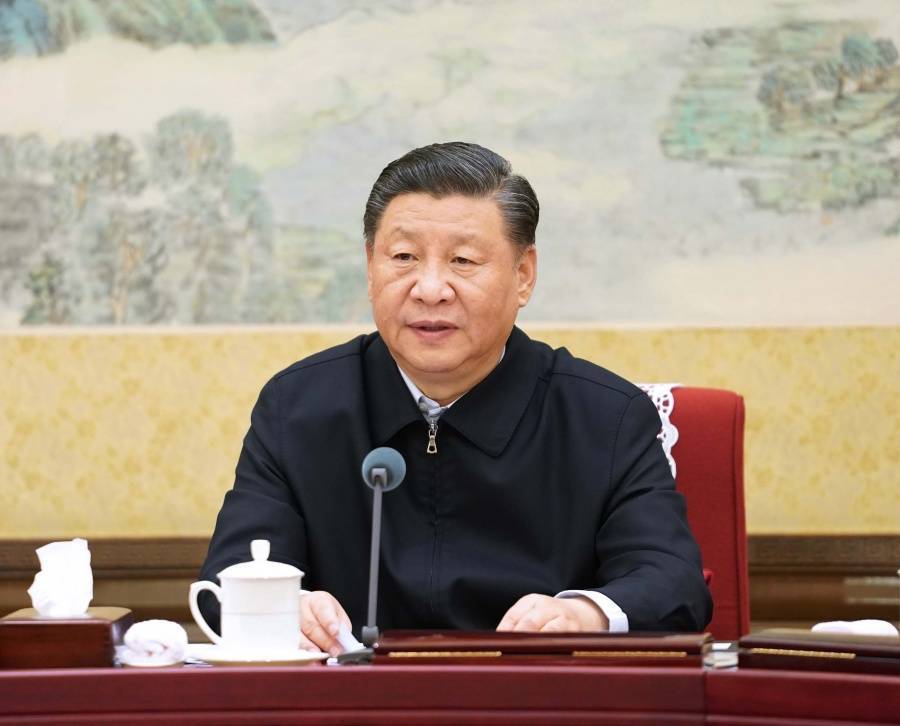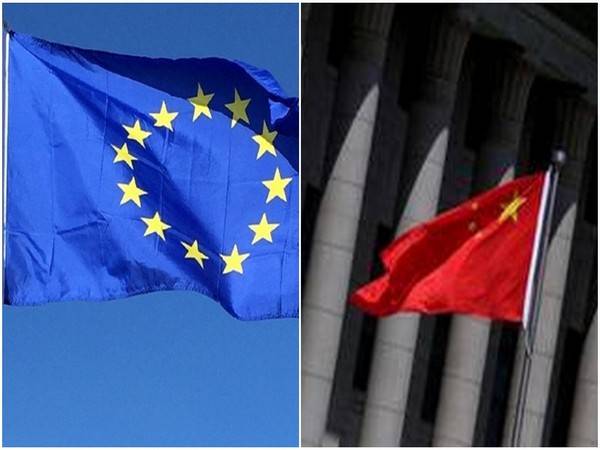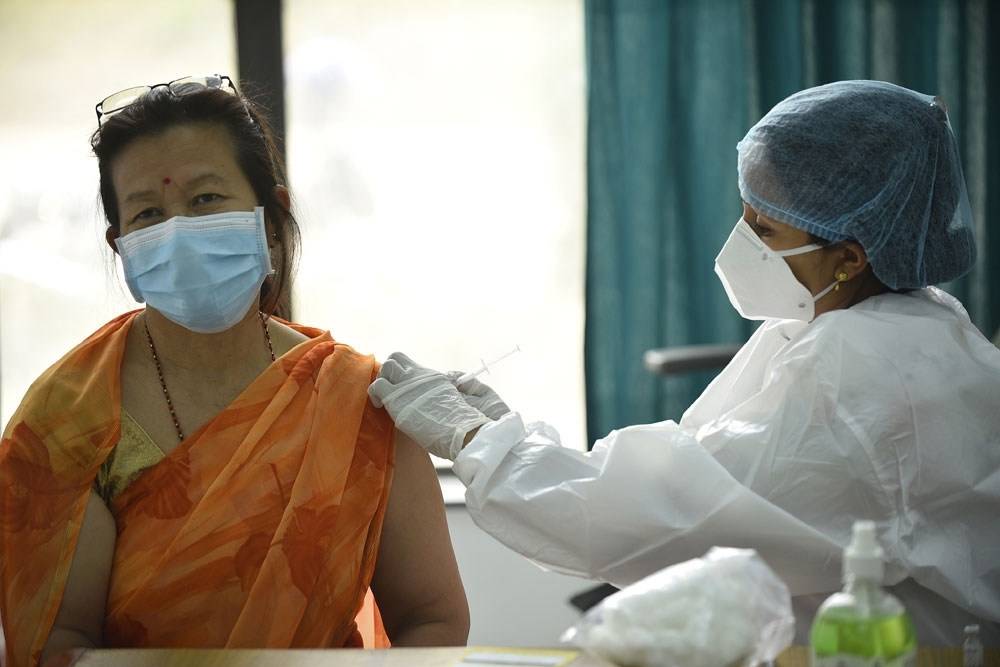Therefore, European policymakers seem to have understood the Chinese economic and geopolitical designs…reports Asian Lite News.
European Union has envisaged better planning to counter China’s Belt and Road Initiative (BRI) and become a stronger geopolitical entity.
Eight years after the announcement of the Belt and Road Initiative (BRI) — conceived first as One Belt, One Road, the European Union (EU) has a good plan to counter it and become a stronger geopolitical actor in an era of strategic competition as European policymakers seem to have awakened to Chinese economic and geopolitical designs, according to National Interest.
Therefore, European policymakers seem to have understood the Chinese economic and geopolitical designs.
In line with this vision, Beijing is expanding Chinese outreach in the global economy, reducing its technological dependence on the West–in line with its “Made in China 2025” — and maintaining a favorable external influence while addressing domestic challenges writes Valbona Zeneli for the National Interest.
The BRI is an economic and geopolitical necessity for Beijing as it tries to unlock the potential for new sources of growth and export markets for China’s excess industrial capacities in its struggling industries (construction, steel, and cement) which could be done through advance innovation.
Despite Beijing’s significant investment to strengthen the BRI’s narrative power — focusing on the mantra of a “win-win” strategy, promising to advance global development, and presenting China as a benevolent rising power —BRI has become controversial and caused a backlash in several countries, according to National Interest.
Since its inception, 2013, most Chinese projects in Eurasia have been incorporated into the BRI, the brainchild of President Xi Jinping, a foreign policy narrative that exports the “China Dream” that was cemented into the Chinese Communist Party’s constitution during the Nineteenth Party Congress.

To put this into perspective, since the launch of the BRI in 2013, the EU and the United States together have contributed USD 800 billion to global development — more foreign aid to developing countries than China’s BRI loans, writes Valbona Zeneli for the National Interest. Further, a grant represents a much bigger financial contribution than a loan, and the EU’s donations alone ($550 billion since 2013) are greater than the BRI’s infrastructure lending thus far.














